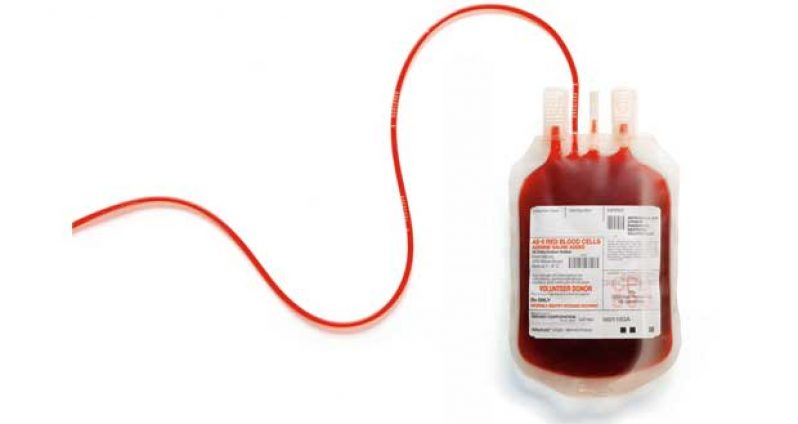WITH the recent upsurge in crime, the National Blood Transfusion Service (NBTS) is plagued by a shortage of blood and is therefore calling for persons and companies to come forward and donate blood. The Blood Bank has found itself in a crisis over the last few months as the crime rate in Guyana has significantly increased. Chief Medical Officer, Dr Shamdeo Persaud, has therefore echoed the call for businesses to collaborate with the Ministry of Health in carrying out blood drives throughout the country.
The Blood Bank has also been on a consistent call for volunteers to come forward and donate blood. Though some businesses and institutions such as Gizmos and Gadgets and the University of Guyana regularly have blood drives, the blood supply stands limited when compared to the number of surgeries to be performed.
Recently, the World Health Oganisation (WHO) has issued a call for an increase in regular blood donations from voluntary, unpaid donors in order to save millions of lives globally each year. The theme for this year’s campaign is: “Thank you for saving my life” which aims to encourage people all over the world to be regular donors.
The WHO had mentioned the specifics of blood transfusion, whereby transfusion of blood and blood products help patients suffering from life-threatening conditions to live longer and to maintain a higher quality of life, and it supports complex medical and surgical procedures. Transfusion has an essential, life-saving role in maternal and childcare and during man-made and natural disasters, such as the recent earthquakes in Nepal.
Severe bleeding during pregnancy, delivery or after childbirth is the single biggest cause of maternal deaths. Of the 289,000 women who died in childbirth in 2013 due to complications in pregnancy and childbirth, 27% were due to severe bleeding.
There are four types of blood groups: blood group ‘A,’ which has ‘A’ antigens on the red blood cells with anti-B antibodies in the plasma; blood group ‘B’ has ‘B’ antigens with anti-A antibodies in the plasma; blood group ‘O’ has no antigens, but both anti-A and anti-B antibodies in the plasma and blood group; AB has both ‘A’ and ‘B’ antigens, but no antibodies.
As crime spirals upwards… Blood Bank calls for more donors
SHARE THIS ARTICLE :
Facebook
Twitter
WhatsApp




.jpg)









